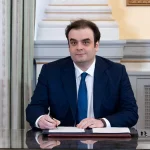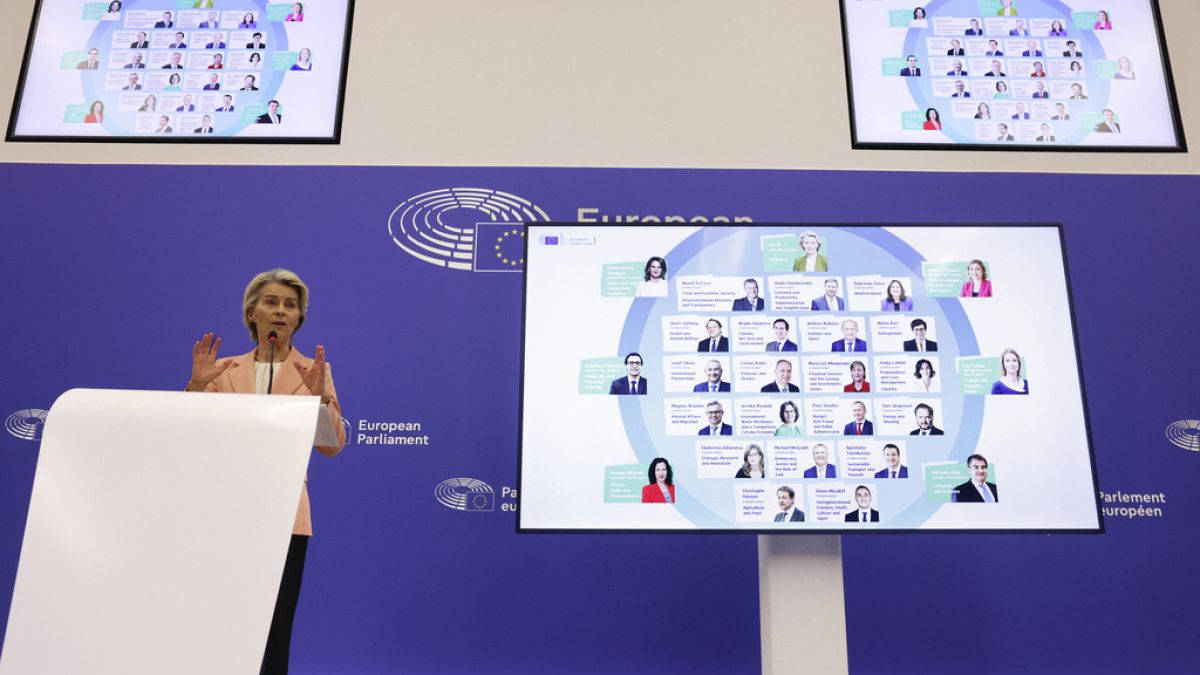The confirmation hearings for the nominees for the future European Commission are set to begin on 4 November at the European Parliament. These nominees will have to prove their qualifications and political profile to take on the portfolios assigned to them by President Ursula von der Leyen. The process involves a series of tests and interviews with MEPs to ensure that the nominees are fit for the roles they are being considered for.
The first stage of the confirmation process involved the Parliamentary Committee on Legal Affairs, which analyzed financial and professional declarations submitted by the nominees for potential conflicts of interest. The next phase will involve hearings with legislators from various committees of the European Parliament, depending on the policy areas in which the Commissioner will work. The process will include a presentation by the nominee, followed by a question and answer session with MEPs.
The composition of the European Parliament plays a significant role in the confirmation process, with commissioners coming from various political parties. About half of the commissioners come from the centre-right EPP party, with others coming from the Socialists and Democrats, Renew Europe party, and other political groups. There is a sense of power play within the parliament as different political parties seek to exert their influence over the European Commission.
If a nominee does not pass the confirmation process, some member states may quickly nominate another person, while others may require approval from other institutions, leading to a more complex process. The goal is to have the European Commission up and running by 1 December, but the nominees must first pass the crucial test of the confirmation hearings at the European Parliament. The process is seen as a crucial step in ensuring the democratic representation of the European Commission.











